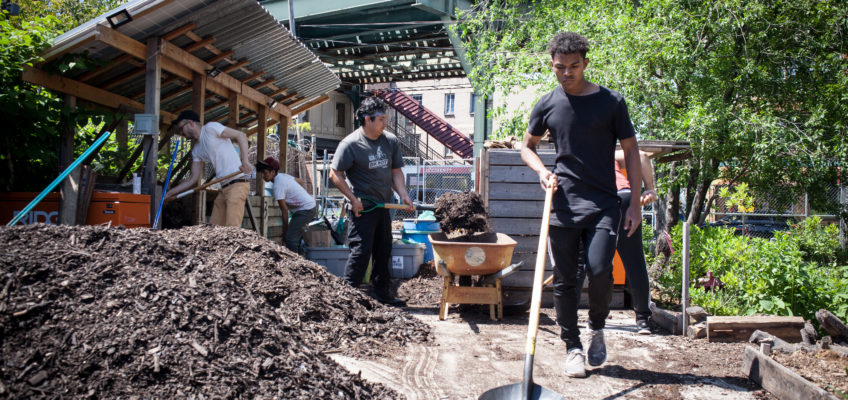- About
- Topics
- Picks
- Audio
- Story
- In-Depth
- Opinion
- News
- Donate
-
Signup for our newsletterOur Editors' Best Picks.Send
Read, Debate: Engage.
| April 03, 2017 | |
|---|---|
| topic: | Innovation |
| tags: | #Africa, #Bill Gates, #ICT, #innovation, #Namibia, #Nelson Mandela |
| located: | Namibia |
| by: | Bob Koigi |
And it is not made from sleek covers or modern designs but a collection of scraps from old televisions, a working radio, light bulb, a socket, a fan, and an expired mobile phone sim card. The phone which is attached to a box also allows the user to view one TV channel.
Simon Petrus the grade 12 student behind the innovation said that it took him approximately two years to assemble the mobile phone with an investment of $2000 that he got from his unemployed parents who believed so much in his idea that they sacrificed to see the project to fruition.
So powerful was his innovation that during the national schools competition the judges doubted whether he was working on the innovation alone.
“When he won last year, some judges were of the opinion that there was an engineer at home who was helping him. But the only help he has is from us the teachers here at school. He came up with his own project,” Taimi Vatileni, Petrus’s physical science teacher was quoted by Namibian media as saying.
But for Simon the journey to innovation didn’t happen overnight. Previously he had invented a two-in-one seed drier and cooler machine that again catapulted him to national limelight.
The innovation by Simon who aspires to become an electronic engineer has elicited debate in his home country of Namibia and Africa on the growing role on young people in spearheading technological discoveries and their role in addressing local problems.
Pundits posit that time is ripe to rejigger the current schools syllabi to align them with modern trends and position young ones in Africa to tap into technological developments to find homegrown solutions to problems that bedevil the continent. “Simon’s innovation is one among many life changing innovations we are seeing from a new crop of young people and the most interesting thing about them is that they seem to factor in the African person, their needs, their problems, their preferences. What this portends is the likelihood of even more innovations that will turn Africa into the home of the 21st century innovations with youth at the center stage of these historic happenings,” said Lazrus kagumbo a lecturer at Namibia University of Science and Technology.
Hubert Abioye a serial techpreneur who works with young people across Africa in turning their ICT ideas into viable projects agrees with Lazarus. “For Simon to have had no extensive training on engineering and then invent such a transformative technology is no mean feat. It goes to tell you that African youth need a little mentoring and training and we will experience a technological boom that will redefine humanity,” Hubert said.
With Africa enjoying the world’s youngest population, estimated at about 226 million in the age bracket of 15 to 24 years which represents 19 per cent of the global youth population and set to grow to 321 million by 2030, it is argued that the continent needs to look inwards and tap into this generation to spur growth in key sectors especially ICT.
“The onus is now on governments and other stakeholders to tap into the likes of Simon to transform economies and the social welfare of its people. Increasing funding on ICT related projects and matching the young people with mentors is enough to disrupt the technological landscape in Africa as we know it,” Hubert further added.
And as young Simon ponders on scaling his mobile phone to a critical mass, global leaders are expressing hopes in people like him to propel the world forward through technology since they are not locked by limits of the past.
"The African entrepreneurs driving startup booms in the Silicon Savannahs from Johannesburg and Cape Town to Lagos and Nairobi are just as young—in chronological age, but also in outlook," said billionaire philanthropist Bill Gates while delivering the annual Nelson Mandela Lecture Series last year.
By copying the embed code below, you agree to adhere to our republishing guidelines.
